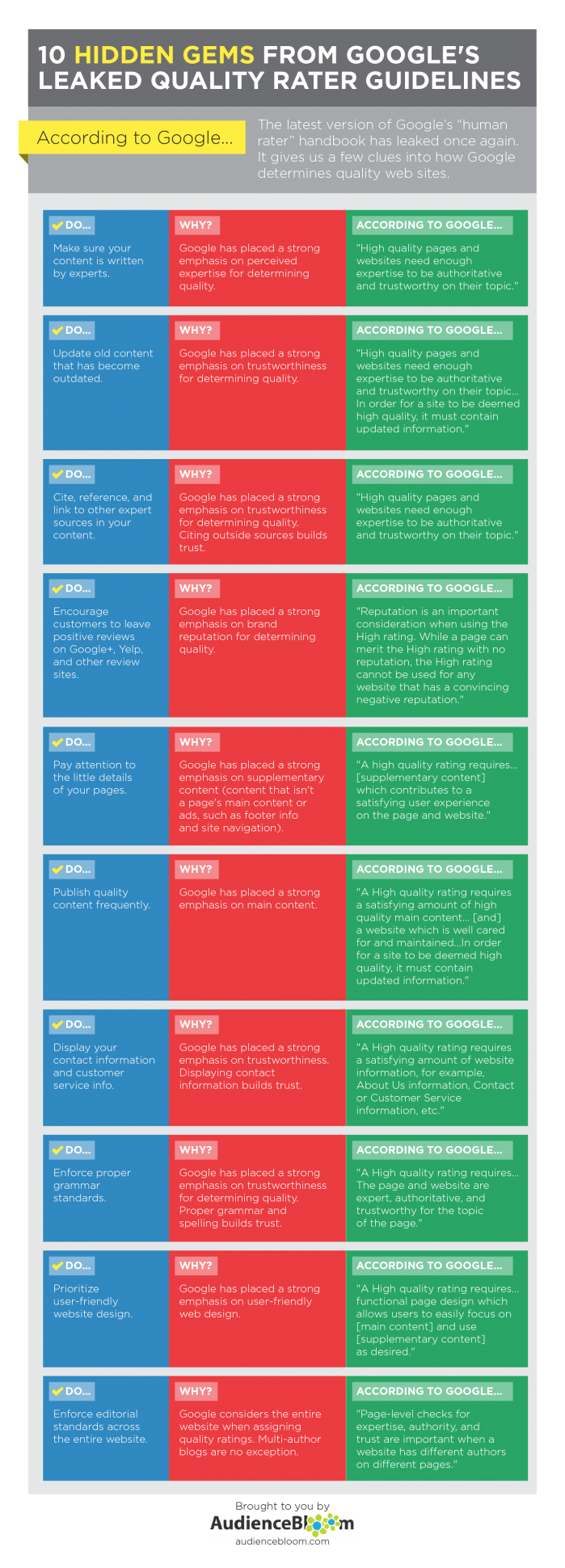What many attorneys don’t get is that when it comes to content marketing (i.e. blogging), it is not just about quantity. In fact, quality is just as important. Google and the other search engines are getting smarter when it comes to sniffing out real, relevant content over mass-marketed, generic words that don’t provide the searcher with the answers they are looking for. And if your content isn’t getting pulled up in search results, what’s the point?
Like you, we stumble across many law firm blogs that are clearly written by someone with very little (if any) understanding of the area of law on which they are writing. Or worse yet, blog posts that are clearly not unique to that firm. The content looks canned, unoriginal, and, essentially, cut and pasted from one law firm to another (with a few words changed here and there, such as the firm name and geographic location). Engaging in this type of content marketing by placing these types of blog posts on your website might save you a few books in the short-run, but will kill your online marketing strategy in the long run. Don’t believe us? Just ask Google.
What is Quality Content?
According to Google’s “Quality Guidelines”, quality content is key for landing on page one of a Google search. What does the search engine giant deem to be quality? If you read Google’s leaked Quality Rater Guidelines (see infograph below for a quick overview), author expertise is a key factor when it comes to determining the quality and authority of a particular piece of content: “High quality pages and websites need enough expertise to be authoritative and trustworthy on their topic”. This means that your blog posts need to be written by an attorney experienced in the area of law on which they are writing; i.e. an associate at your firm or one of our knowledgeable attorney-writers.
What is Not Quality Content?
What is NOT quality content? Here are a few examples of the kind of content you want to avoid putting on your website, per Google:
- Automatically generated content
- Creating pages with little or no original content (i.e. buying generic content from a database that you can ‘fill in’ with your firm name, etc…)
- Hidden text or links
- Scraped content (content taken from other, more reputable sites and yes, Google knows who the original publisher of the content is)
- Loading pages with irrelevant keywords
This list, of course, is not exhaustive. If you are concerned that your law firm may be unknowingly putting out content that will put you on Google’s naughty list (and ensure that your website does not show up in search results), contact our team of legal marketing professionals today for a free consultation.





